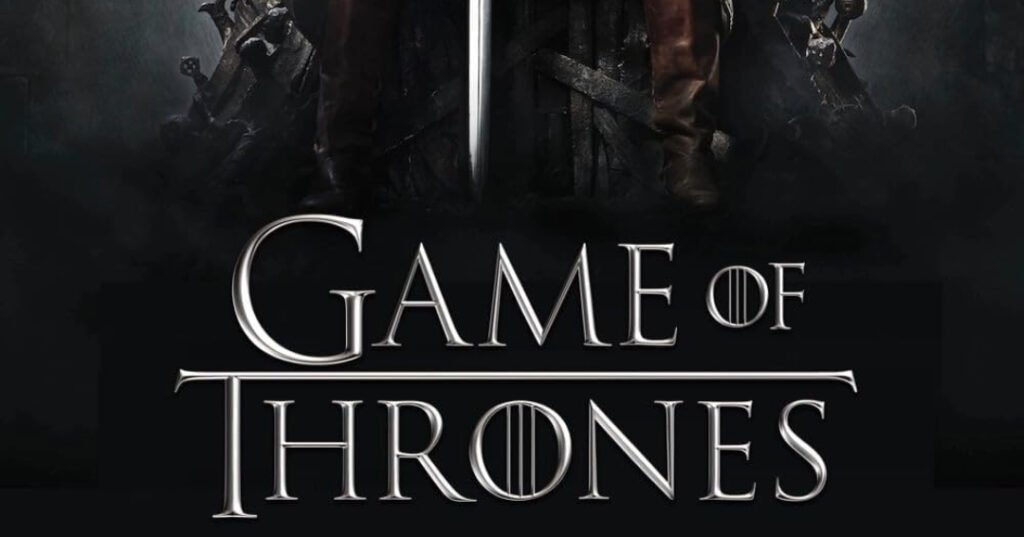
When “Game of Thrones” first graced our screens in 2011, no one could have predicted the cultural juggernaut it would become. Based on George R.R. Martin’s “A Song of Ice and Fire” novels, the series was a fantasy epic like no other. As we look back at this iconic show, we reflect on how “Game of Thrones” left an indelible mark on the world of entertainment.
The Birth of a Phenomenon:
“Game of Thrones” was brought to life by showrunners David Benioff and D.B. Weiss and premiered on HBO in April 2011. From the very first episode, it was clear that this was not your typical fantasy series. The complex characters, intricate political plots, and brutal realism set it apart.
A World of Westeros:
Westeros, the fictional continent where “Game of Thrones” unfolds, was a vividly realized world. The series introduced us to noble houses, each with its own sigil, motto, and aspirations. From the honorable Starks of Winterfell to the conniving Lannisters in King’s Landing, the power struggles within this world were both fascinating and foreboding.
Memorable Characters:
The show’s unforgettable characters were a major draw. Tyrion Lannister (played by Peter Dinklage) and Jon Snow (Kit Harington) became fan favorites. The formidable Cersei Lannister (Lena Headey), the enigmatic Arya Stark (Maisie Williams), and the ruthless Daenerys Targaryen (Emilia Clarke) added depth and intrigue to the narrative.
Shocking Twists and Turns:
“Game of Thrones” was known for its willingness to kill off major characters, often in surprising and brutal ways. This element of unpredictability kept viewers on the edge of their seats. The infamous “Red Wedding” episode in Season 3 and the shocking death of Ned Stark in Season 1 are just a few examples of the show’s narrative audacity.
Technical Brilliance:
The show’s production values were nothing short of extraordinary. From the stunning landscapes to the intricate costumes and props, “Game of Thrones” spared no expense in creating a visually immersive world. The dragons, direwolves, and White Walkers were brought to life with cutting-edge special effects.
Cultural Impact:
“Game of Thrones” became a global cultural phenomenon, with fans discussing and dissecting each episode. It inspired fan theories, merchandise, and even themed parties. The phrase “Winter is coming” entered the lexicon, symbolizing impending danger.
Controversial Final Seasons:
While the series was celebrated for much of its run, the final two seasons, especially Season 8, were met with mixed reactions. Some viewers felt that the pacing and character arcs were rushed, leading to divisive opinions on the show’s conclusion.
Legacy and Spin-Offs:
Despite the mixed reactions to its final seasons, “Game of Thrones” undeniably left a lasting legacy. HBO announced several spin-off projects, keeping the world of Westeros alive in different forms.

Conclusion:
“Game of Thrones” was more than just a television series; it was a cultural phenomenon that changed the landscape of entertainment. With its complex characters, intricate plotlines, and breathtaking production values, it proved that fantasy could be both epic and relatable. As we reflect on the journey of “Game of Thrones,” we see how it has influenced the storytelling and production of television for years to come.



